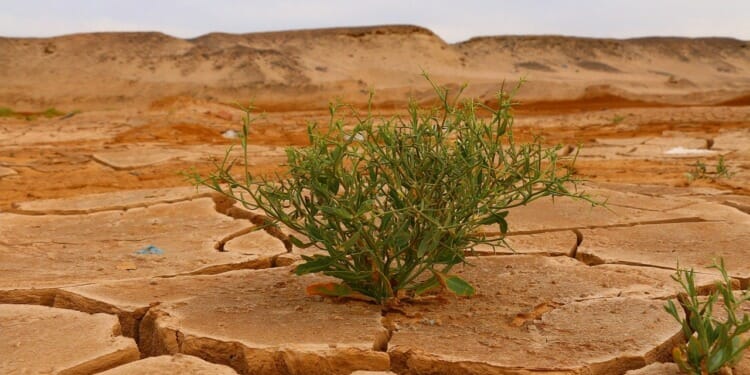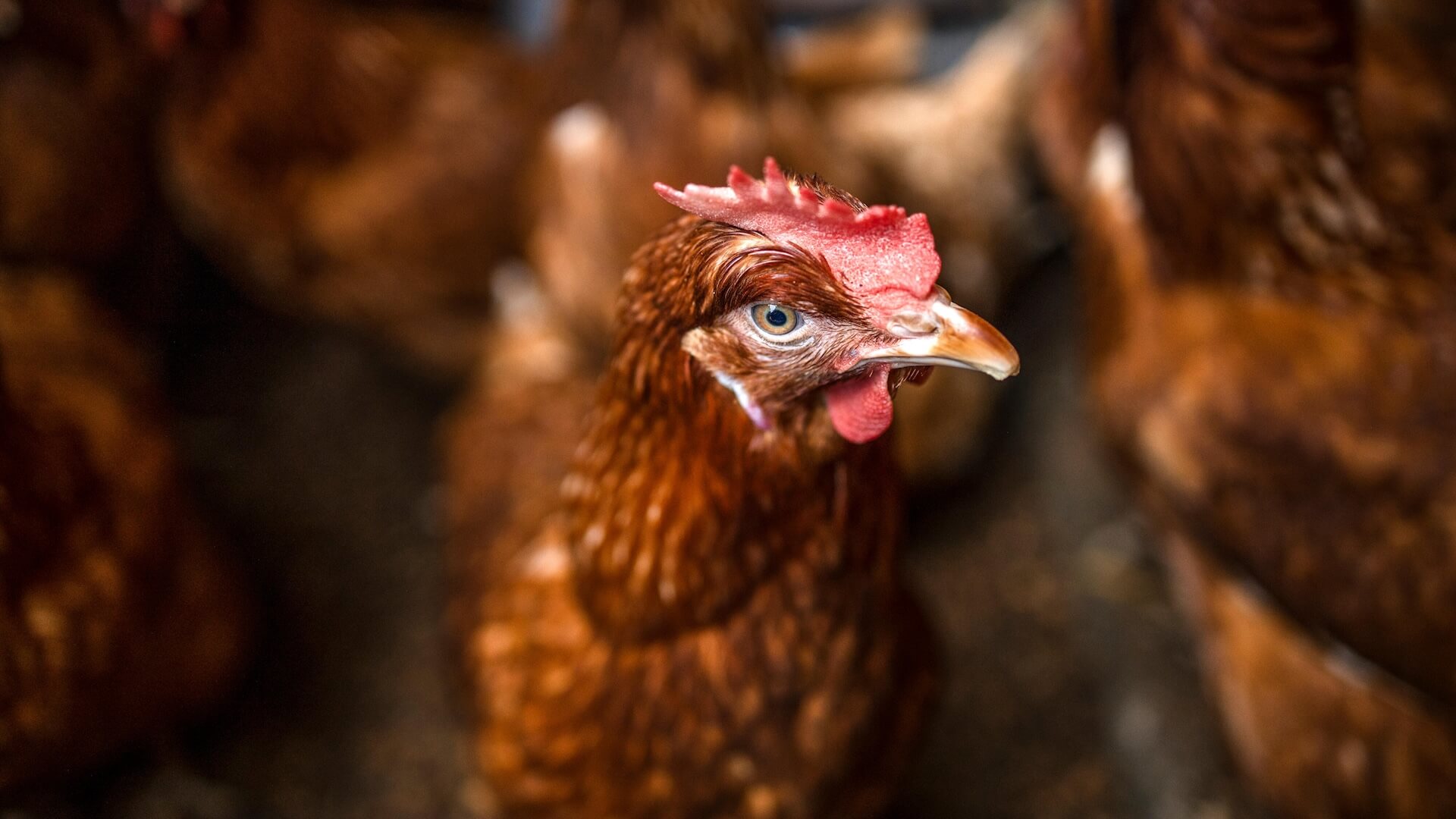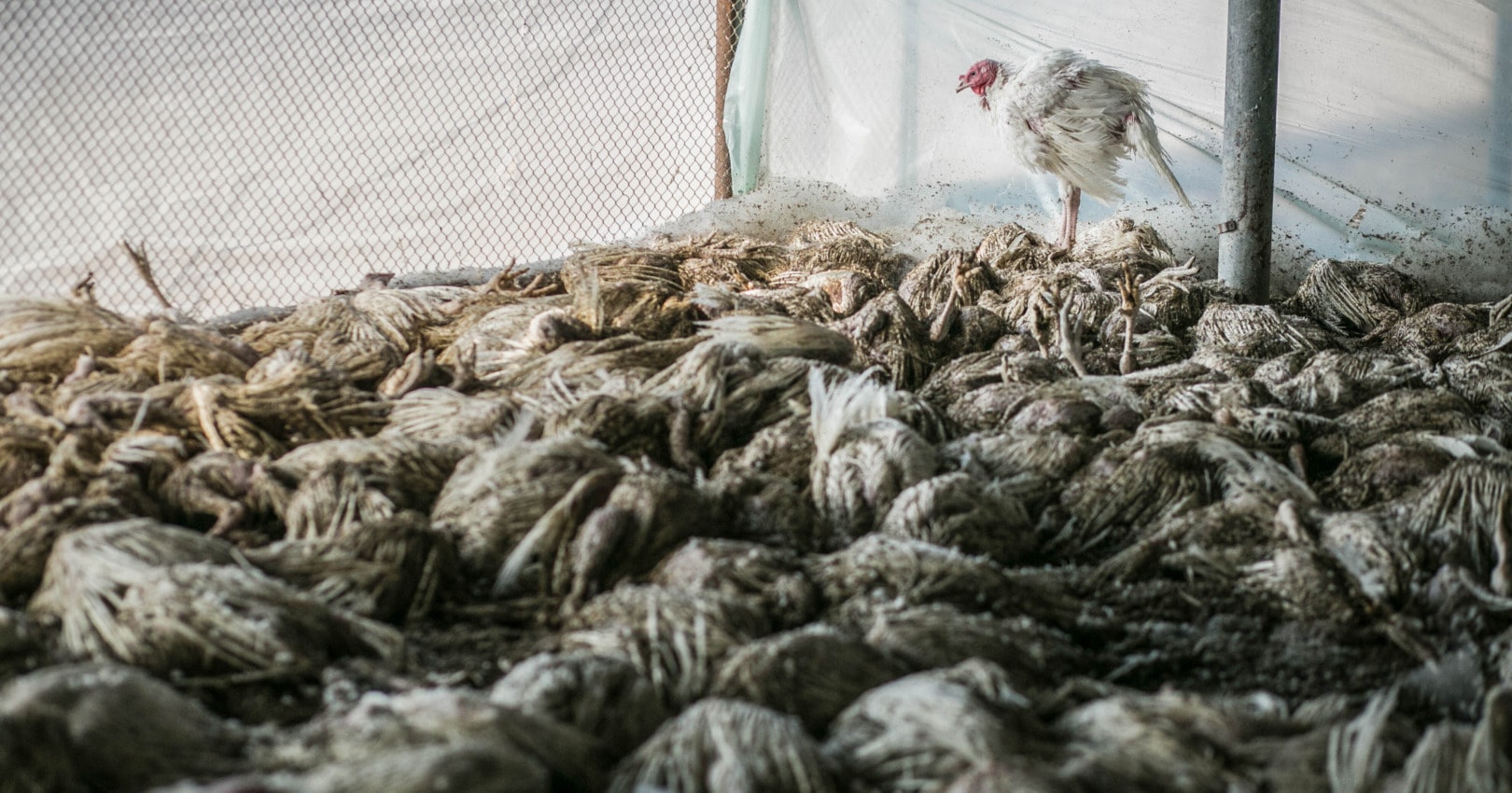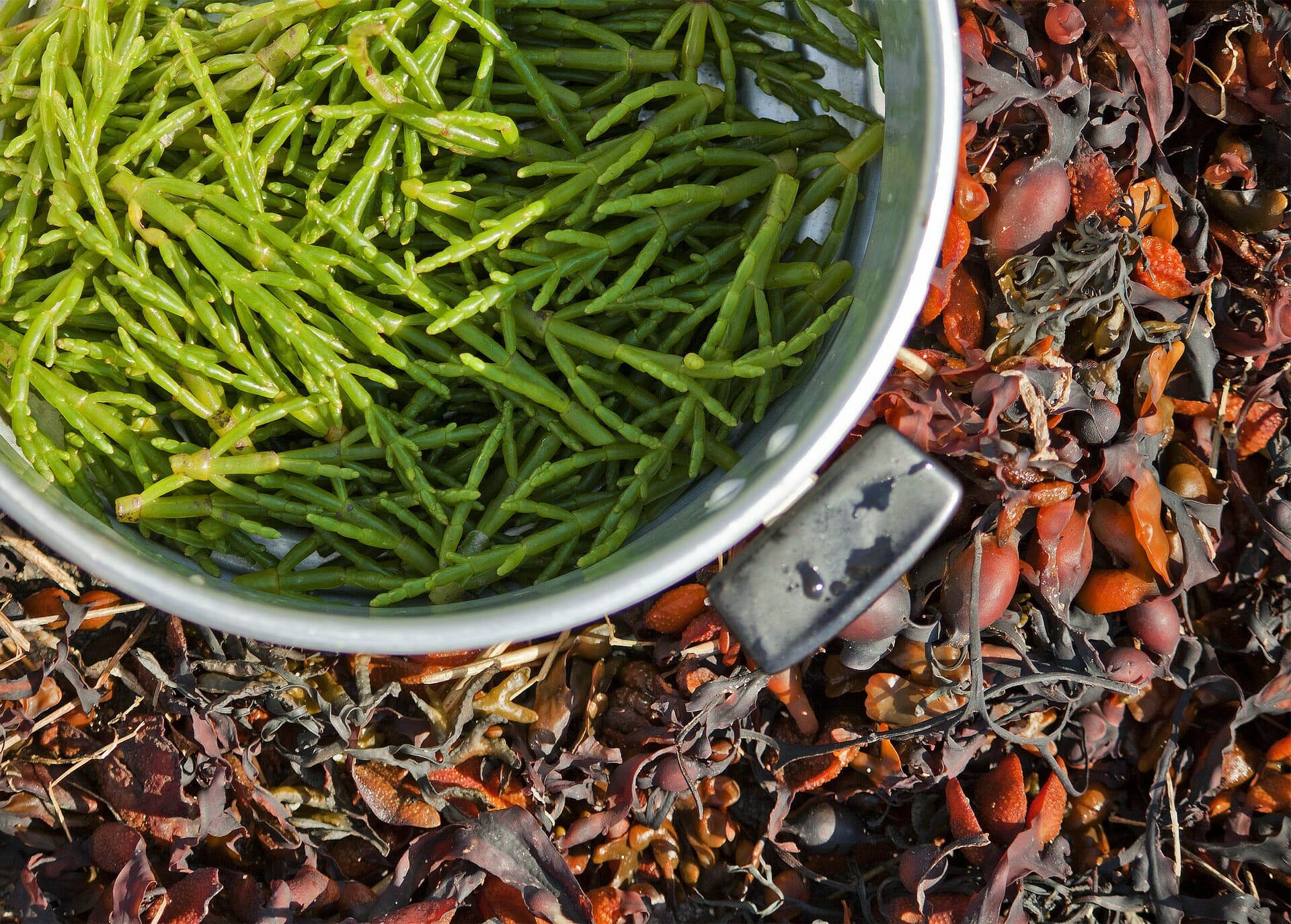In 2010, I started working on my master’s degree in bioethics in Philadelphia. The focus of my studies, while working full-time, was the intersection of health disparities, discrimination, medical narratives, food ethics, and the climate emergency. By that time, I had come to suspect that humanity had about 100 years to survive when the Obama Administration took office.
However, by 2016, I had come to speculate that we had lost more than eight years on our species’ life expectancy during this period of hopes dashed by continued neoliberal stasis. No less than an authority on the cosmos than Stephen Hawking came around to my reluctant way of thinking when, in 2017, he altered his prediction for the human timeline from 1,000 to 100 more years.
Of course, bioethics is fraught with so many ethical dilemmas ripe for debate and moral, emotional decisions with real-world consequences then and now. On the climate front, I was influenced strongly by several writers and thinkers, especially Guy McPherson and Carolyn Baker (Extinction Dialogs: How to Live with Death in Mind), Elizabeth Kolbert (The Sixth Extinction), and Dahr Jamail (The End of Ice) after completing my degree. Even before reading these works, I arrived reluctantly at a feeling of resignation that we as a species—as we individuals—were living on greatly limited, borrowed time.
During my studies, I lost my friend Mitzi Drossin to lung cancer. She was several decades older and, perhaps centuries wiser than I. This 92-year-old Jewish former communist, nurse, and teacher shared with me in her waning weeks a rhyming couplet she had written as a young woman: “It seems so strange, as strange as can be, to try to imagine a world without me.”
I’m not sure that there could be a more brilliant encapsulation of how incomprehensible we perceive our own mortality. It also helps to explain the psychology behind our slow, late, or nonexistent response to the looming climate crisis. At a deep psychological level, causing the demise of our own species must seem unfathomable.
Nevertheless, as what is really a climate emergency becomes more apparent to millions of people, if not a majority of the planet’s inhabitants, we’re becoming aware that we’re heating, burning, and choking off the only life support and source of sustenance we have even if the full gravity of such existential implications may still elude many, particularly as expressed, at least, by corporate media and the actions of most of the world’s leaders.
About two years after I completed my degree, Eric Garner was apprehended by Staten Island, NY police officers for selling single cigarettes from stampless packs. A prohibited chokehold was applied by one officer, and Garner was wrestled and pinned down to the cement sidewalk. While being held down he was overheard by witnesses uttering the now infamous words, “I can’t breathe,” before his life senselessly ended.
Like so many others, but seemingly not enough people, I was appalled. I recall thinking at the time, though, that Mr. Garner’s words might have a broader application, ultimately.
These plaintive, frightening, abuse-driven words have likely been spoken more times than we can imagine. Most famously, in May 2020, George Floyd repeated this refrain as he lay under the lethal weight on his neck of a kneeling Minneapolis police officer.
Tragically, this message echoes because virulent, systemic racism continues to plague American society, a country born of genocidal violence. Financial reparations, at the very least, are long overdue to the many communities of color and indigenous peoples of this country, but the deceased cannot be revived. Their stories should be invoked, though, to achieve any semblance of justice today.
The murder of Mr. Floyd and the summer of protests unleashed by the pent-up anger over the pervasive, corrosive abuse of police authority culminating in the murders of so many people of color in recent times where some kind of video evidence could be captured and disseminated (to say nothing of the countless others whose murders went unrecorded) occurred during a global viral pandemic.
Egregious killings by police even transpired on the day of and soon after the guilty verdict regarding former officer Chauvin’s killing of George Floyd.
An epidemic of violence in the U.S. suffuses a global pandemic rooted in a virus that attacks the pulmonary system primarily but hardly exclusively. We learned early on that there were cardiac, neurologic, and other systemic effects, with some fortunate enough to recover suffering so-called “long-haul” symptoms.
While the arrival of various vaccines may suggest some light at the end of the tunnel (except for the 5+ million deceased and their survivors), the multiple circulating viral mutations (particularly the Delta and now Omicron variants), vaccine inequity around the world, and no shortage of vaccine resistance in the US hint at a bumpy, perhaps breathless, trajectory.
I have been fortunate to have remained gainfully employed and working at home during the pandemic. I was also fortunate to receive my second COVID-19 vaccine shot on April 1st. No fool’s errand, inoculation may have deeper implications for me than most people. That is, I was diagnosed with multisystem sarcoidosis, involving my heart, lymph nodes, and lungs, and began receiving treatments shortly after the lockdowns of March 2020.
Because of the immunosuppressive medications that I take and my inflammatory disease itself, I remain more vulnerable than most inoculated people should I contract the virus (and qualified early for a booster shot, which I received in August 2021). Had there been no pandemic and need to quarantine, my life might have looked quite unlike so many during the past two years.
During quarantine, we have learned that there is much to fear about the present and future. Unfortunately, it seems, fear is often misplaced. In particular, “fear” of losing one’s freedoms as manifested by a mask or vaccine mandate is tantamount to arguing for a right to endanger, infect, and possibly kill others. One’s rights aren’t hampered by taking measures not to risk others’ lives.
Epidemiologists, infectious disease specialists, and other public health officials expect more frequent viral pandemics in the future without significant preventive actions. The world, due to woeful political leadership and lack of political will, has fared poorly during the COVID-19 crisis. Will we have time to heal, repair, and recover before the next global health emergency strikes? Or is the next pandemic really already here?
The climate catastrophe—the pandemic of abrupt climate change and the prospect of near-term human extinction—subsumes all these woes, epidemics, and pandemics. The amount of measured CO2 in our atmosphere has reached 420 ppm for the first time in recorded history. The threshold believed to be the maximum for sustained human existence is 350 ppm.
The august 175-year-old journal Scientific American has supplanted the expression “climate change” with “climate emergency.” UN Secretary-General António Guterres talks about the “climate abyss.” The widespread melting of the Arctic permafrost currently underway is occurring about 70 years sooner than most climatologists had predicted. And Earth “overshoot day” (the point in the year at which human beings have used the resources the Earth has generated from the beginning of the year) occurred at its earliest point ever on July 29, 2021.
To add unnecessary fuel to this raging inferno, it has been more than eight years since Professor James Hansen admonished that if the tar sands of Alberta, Canada are fully exploited (do you even need to ask? Such exploitation continues), it’s “game over” for humanity because the climate problem would be “unsolvable.”
This prompts me to consider several disturbing questions, the answers to which lead, ineluctably in my estimation, to a rather sobering, tragic conclusion. Ours.
How much longer do you think we can set heat record after heat record monthly and annually all around the world? How much longer can we acidify the oceans? How much longer can we engender and witness the dying off of the species on which we rely–the pollinators of our produce (particularly bees), the marine and terrestrial web of life on which we sustain ourselves?
How much longer can we breathe air with a carbon dioxide concentration believed by climate scientists to be incompatible with long-term human existence? How much longer can we record unfathomable glacial melting around the globe as well as the decimation of the Greenland and Antarctic ice sheets? And what impact do you expect from the continued deforestation, for agricultural and other industrial purposes, of the Amazon (no, not the company through which Jeff Bezos has skirted tax law, benefited from corporate welfare, and “made himself” into a noxious space rocket billionaire)—long known as the lungs of the Earth—which has begun emitting more carbon dioxide than it absorbs?
Even the Artic has emerged as more carbon source than carbon sink.
So, what’s the good news? Are you waiting for a happy ending? This isn’t NPR. Baker and McPherson suggest that no mitigation practices can stem the flow of abrupt climate change. We are in a planetary hospice, they sadly proclaim.
I hope they are wrong. I hope the other dire prognostications are wrong, too. McPherson’s arguments about tipping points and self-reinforcing feedback loops (with one climate tipping point begetting another as, for example, methane release from permafrost leads to greater warming and yet more release of methane, which is several-fold more potent than even carbon dioxide) suggest not, though.
Some venture predictions as to how much time we have left. Will the world regain a sense of “normalcy”— a wake to COVID-19 — before we can prevent what the corporate media obliquely refer to as “the worst effects of climate change”?
India spent much of the summer of 2020 as the global epicenter of the COVID pandemic while vaccine iniquity abounds. Even in Israel, where vaccine inequity rules in an apartheid system that discriminates against Palestinians while most of the rest of the population has been inoculated, has returned to indoor masking mandates in the face of breakthrough infections. I won’t hold my breath for sufficient mitigation measures throughout the US, where the political will to elevate public health over private wealth (and a seemingly working economy) is as rare as clean air.
Some environmentalists, climatologists, and activists do not want us to succumb to despair. This is likely why our potential capacity to counteract, combat, or attenuate climate change is couched in the frightening yet comforting language of a 10-year warning (issued early in 2020) to act on climate change to “save the world.” That is to say, I suspect that some of the experts in the field know that nothing can be done to reverse course but sense that using such softening exhortations eases people into the dire reality of our predicament while presenting action rather than inaction as the only feasible, reasonable way forward before the window closes.
Based on what I’ve gleaned about humanity in my more than half-century on our ravaged planet, I suspect that most of us won’t go down without a fight. Alas, it is more likely to be of the internecine, cannibalizing variety, thus hastening our demise.
That said, I don’t think abrupt climate disruption can be truly fought, combatted, overcome, or even decelerated at this point. With such a dismal view, one might wonder how I don’t slink into despondency and throw up my hands in surrender. But I’m of the type that would rather know the truth and act on it, as truly abominable and sickening as it may be. Those who cite the 10-year window are probably right (not about the window, unfortunately) that more people would be inclined to capitulate or worse, accelerate our devolution while they can still draw breath (the billionaire or corporate polluter approach, perhaps).
As my friend Mitzi acknowledged in her lyrical way, we are all going to die. This isn’t a new reality that we have to face as individuals or a species. But knowing that the window is closing fast, if it really hasn’t closed, regarding any ability to prevent our whole species, and most others, from buying the farm casts a nearly invisible, incomprehensible pall on the issue of our mortality.
This realization and fear of the truly unimaginable on the grandest scale mean more than trying to come to terms with knowing we won’t get to see or visit all the places we had hoped or accomplish all that we had dreamed. When assaulted by the worst-case scenario, which seems increasingly likely with each passing day, it seems to me that we have nothing to lose but spend our time, mark our days, not by resigning but by giving it our all. That is, making every effort to live sustainably for whatever time we have, understanding that we can’t know how much that is with certainty and because it is morally just.
Rather than giving up, we would all benefit if more of us, not fewer, struggle for justice in every realm—against oppression in all forms domestically and internationally—for vaccine equity and distribution, universal health coverage, universal living wages, immigration justice, defunding the military-industrial complex (noting the US Defense Department is the single greatest polluter on the planet), and acknowledging the wrongdoing of the US from its origins and the fallacy of American exceptionalism.
All governments lie, as I.F. Stone declared. The fight for justice boasts more fronts than any of our world wars. Fighting against governmental lies and suppression, police and other racial violence is not limited to the U.S., though it appears to be littered with the longest history over the widest swaths.
Our battles are against systemic racism, plutocratic hegemony, misogyny, homophobia, transphobia, religious intolerance and violence, the subjugation of so many peoples (Palestinians, Rohingya, Uighurs, and scores of others from Afghanistan to Sudan, from Belarus to Syria, from El Salvador to Yemen, across the globe), and the pervasive exploitation of fear to meet the avarice and hunger of the most diseased minds.
It’s much too colossal for any one individual to take on and remains justifiably daunting and seemingly insurmountable for the greatest of organizations. Such struggles require communication, cooperation, collaboration, passion, and compassion.
While progress has been seen, if only it feels that we may have taken one step forward and several back, many prefer to think that the moral arc of the universe bends toward justice. Unfortunately, there seems to be a better than even chance that few if any of us will get to that promised land. So, in these moments of devastating realization, I think we would benefit not from clinging to hope, escaping to oblivion, or drowning in despair, but striving to live in the moment… love the people in our lives, listen to and share with them, and empathize and love our fellow human beings, who share the same (sinking) boat.
But we shouldn’t expect altruistic or benevolent actions in return, particularly from the more deluded segments of the population. Living with not only one’s own death in mind but our collective end leads me to aspire to live my moments to the best of my abilities, do no harm, and fight for justice to my capabilities because it’s morally just. We won’t win the ultimate war, it appears, but we can triumph in some battles before we’re done.
And we’re not quite done. But… if the world can’t join forces to tackle COVID (waiving vaccine patents; treating public health as the first, second, and third priorities without fretting over the damn economy, which could include diverting the bloated defense budget of the US toward paying people to stay home and treating the essential workers with gratitude, full health benefits, and appropriate compensation for their work on which we all rely, forgiving student debt as well as developing nation debt), why would anyone think that humanity could unite to confront its gravest, most pernicious threat… itself, and the worst of what its most corrupting creation—capitalism—has wrought?
Why not at least try to give ourselves optimal chances of prolonging our survival by striving to mobilize a global effort to de-industrialize, halt the use of fossil fuels, immediately scale up renewables, plant billions of trees, sequester carbon in whatever ways (if any) that are viable and safe, in full recognition that abrupt climate disruption is the most serious existential threat in human history?!? And it threatens to make humans history within a shockingly short time frame.
Traditional, indigenous ancient communities full of flawed human beings, no doubt (since our flaws are our most reliable qualities over the course of our history), had it right insofar as they lived sustainably on this dangerous but fertile, hospitable planet.
Our big brains evolved, creating works of transcendent beauty but also the means of our mass extinction. Derided for their small brains and rapacious reptilian ferocity, dinosaurs—still with us via the fruits of their fossilized remains, the stimulation they confer to our imaginations, and even pejoratively when we refer to older human beings mired in rigid thinking and ways—are poised to have had a much longer run on Earth than our arrogant species. The ultimate, bitter irony of human hubris.
Eric Garner’s tragic death and final words resonate. Longer ago was the cataclysm of the Holocaust and it is disquieting, to say the least, to learn that as the last survivors are dying off, a sizable percentage of younger Americans are unaware that it happened, that Jews were the primary, though hardly only, targets and a small but significant percentage (around 11 percent) of students polled recently think that Jews were the perpetrators.
“Never again” has been the mantra in relation to genocide since the Holocaust. Tragically, those words have not been heeded and, in many cases, forgotten. If the knowledge and lessons of such a colossal tragedy are waning or lost, is it any wonder that we cannot comprehend the most expansive genocide the world has known?
We are all intertwined, interconnected, interdependent, whether some or many of us like it or not. Together, we now face a global pandemic, and also stand on the precipice, somehow, of even greater atrocities than we’ve already witnessed—widespread speciescide. Maybe some species will survive us. I hope so. I’ve long thought that other than livestock and domesticated animals, most species would be better off without humans.
I hope that a growing chorus of climate experts and other specialists are wrong. But I suspect that before floods and fire overtake us, the changes wrought by the worst of capitalism will render the earth too hot, the air too stifling, and we will not be able to breathe.
Editor’s Note: The opinions expressed here by Impakter.com columnists are their own, not those of Impakter.com. — In the Featured Photo: Desert view Featured Photo Credit: Naturfreund on Pixabay














